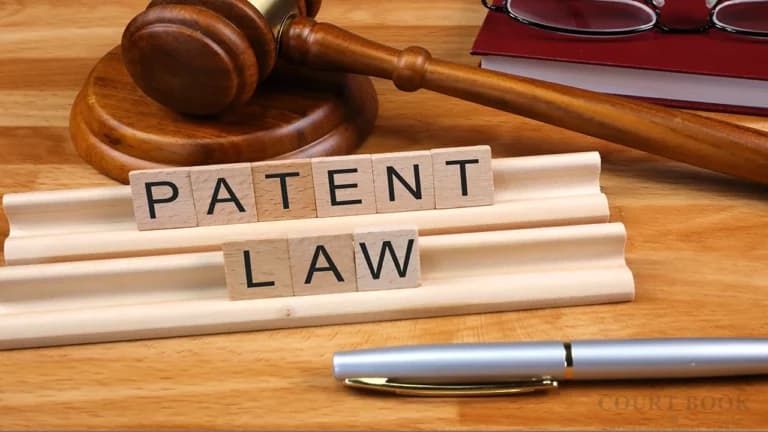The Delhi High Court recently dismissed an appeal by Kroll Information Assurance LLC, a US-based entity, seeking a patent for its invention titled "A System, Method and Apparatus to Locate at Least One Type of Person, via a Peer-to-Peer Network." The court upheld the Controller of Patents' decision to refuse the patent application, primarily citing Section 3(k) of the Patents Act, 1970, which excludes "algorithms" and "computer programs per se" from patentability.
Justice Amit Bansal observed:
"For a software or computer programme to qualify as an eligible subject matter under Section 3(k) of the Act, it should be more than a mere sequence of instructions and should result in significant technical effect or advancement of the hardware."
Read also:- Allahabad HC Stays Proceedings Against Three Accused; Says "Marriage Gifts Not Usually Considered Dowry"
Kroll’s invention aimed to identify users sharing sensitive or protected information on peer-to-peer (P2P) networks by using specific search terms to profile such users. The company argued that the system provided a technical solution to prevent unauthorized data sharing, thereby enhancing network security.
However, the Controller of Patents rejected the application on three key grounds:
- Non-compliance with Section 59 (amendments exceeding original scope).
- Lack of inventive step (prior art D1 rendered it obvious).
- Exclusion under Section 3(k) (being a "computer program per se" and "algorithm").
Read also:- High Court Closes Plea After Bar Council Revokes Practice Ban on Advocate Accused of Assault
The court examined whether Kroll’s invention was merely a software-based algorithm or if it provided a technical advancement to hardware. Key observations included:
- The invention used standard computing components (processor, storage, input devices) to execute keyword-based searches on P2P networks.
- The profiling mechanism relied on conventional search functions without any technical transformation of hardware.
- The claimed features (searching, receiving responses, identifying users) were deemed abstract and non-technical.
The court referenced its earlier ruling in Microsoft Technology Licensing v. Controller of Patents (2024), which held:
"For a software invention to overcome the bar under Section 3(k), it must demonstrate a technical transformation that significantly enhances hardware functionality."
Since Kroll’s system did not meet this criterion, the court upheld the Controller’s refusal.
Kroll argued that prior art D1 (a client-server model) was irrelevant since their invention worked on P2P networks. However, the court found that the core functionality (searching and retrieving data) was already known in the field.
Legal Representation
For Kroll: Mr. Vineet Rohilla, Mr. Rohit Rangi, Mr. Tanveer Malhotra, and Mr. Debashish Banerjee.
For Controller of Patents: Mr. Piyush Beriwal, Mr. Nikhil Kumar Chaubey, and Ms. Jyotsna Vyas.
Case Title: Kroll Information Assurance LLC v. The Controller General of Patents, Designs and Trademarks & Ors
Case No.: C.A.(COMM.IPD-PAT) 439/2022













